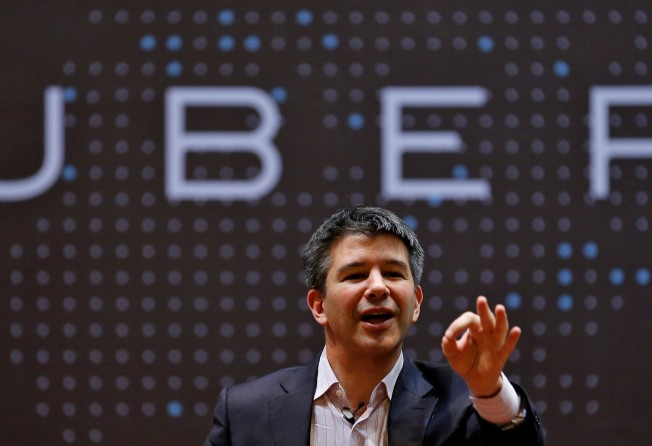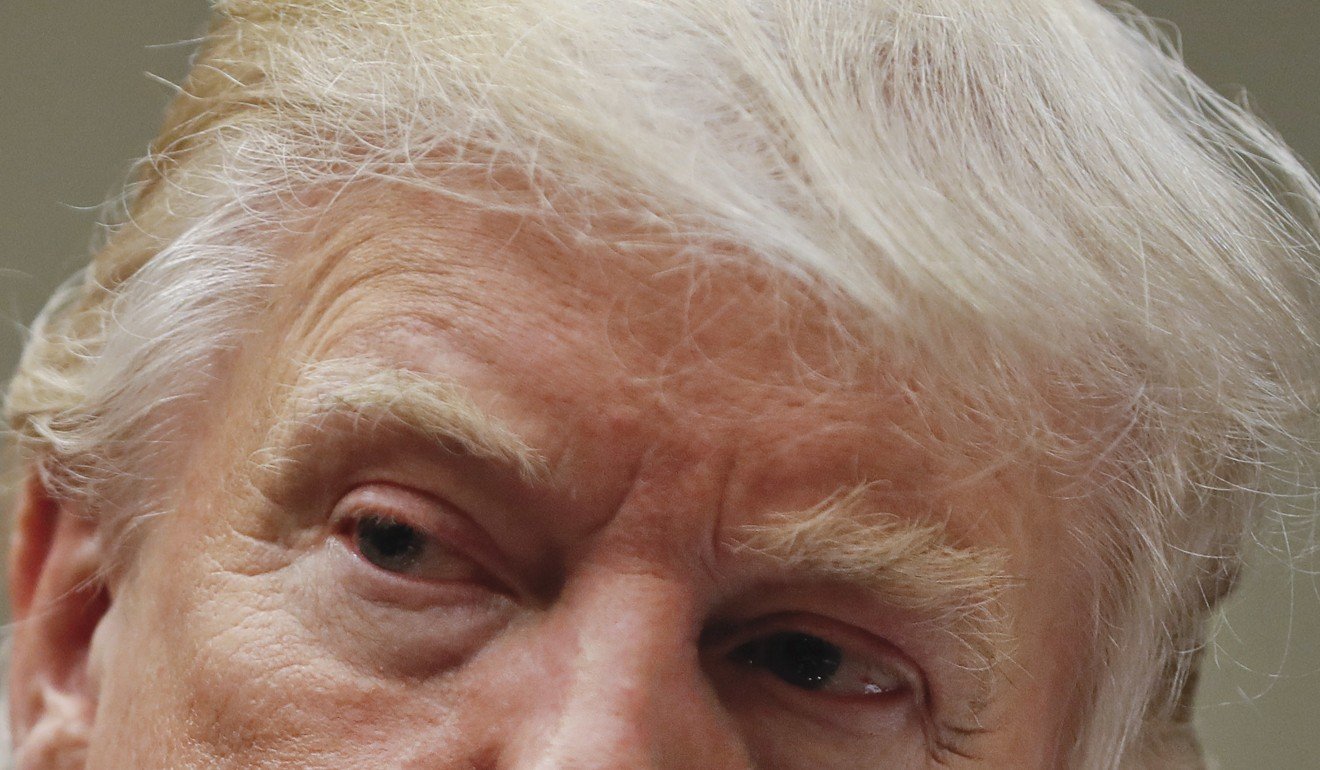Bully-boy tactics are fine if there’s logic behind them. But a little bit of politeness goes a long way in making businesses work
Former Uber CEO Travis Kalanick’s tactics are said to have led to the creation of a toxic corporate culture emanating from his own behaviour

Do you have to be nice to become a successful businessperson? And what about if you are really personality-challenged – how does that work out?
The answer is that it worked out fine, but then again not so fine, for Travis Kalanick, who has just stepped down as chief executive of the ride-hailing service Uber, following a request from investors to move aside in the wake of a slew of allegations over sexual harassment and abuse of employees.
Kalanick said in a statement to The New York Times on Tuesday his resignation will allow the ride-sharing firm to go back to building itself, rather than become distracted by another fight.
But it was his personality and behaviour, say many, that led to the creation of a toxic corporate culture at Uber.
On the other hand, Kalanick is responsible for building Uber, the taxi company that prefers to be known as a ride-sharing service, into one of the most successful hi-tech start-ups with revenues last year of US$6.5 billion and a presence in 70 countries, including a troublesome entry into the Hong Kong market.
Even Kalanick admits he is not the nicest person on the planet and has said he will use his indefinite leave to work on personality problems. Oh, and by the way, although Uber does a great deal of business it does not actually make any money; in fact last year it lost US$2.8 billion.
According to some people it doesn’t matter if the boss is an absolute a***hole because what counts is the bottom line, which, in the case of Uber seems to suggest that actually there is some cause for concern.
In a previous incarnation I used to cover the energy business, which brought me into contact with quite a large number of senior executives in the oil business, a notoriously male dominated, macho industry where the word ‘wimp’ was a big part of the vocabulary.
I had a particular problem with the CEO of one oil and gas company who made a habit of wagging a finger at me every time we talked. Finally, getting fed up with this, I asked him to stop finger wagging in my face; he was taken aback and informed me that was how he behaved with everyone.
Of course this was not true because, like Kalanick, who can also turn on the charm when he needs to, these big macho company bosses only bully subordinates or people who they believe are somehow beholden to them.
And here’s the problem, because in the business world, like every other world, what comes around, comes around. The person who was once a subordinate may well become a powerful business figure; the business partner who has been abused by a bullying CEO might one day be running a business that will be of great use to the bully.
I am delighted to report that this change in fortune affected the finger-wagger I mentioned earlier, who was eventually ‘let go’ after it was found that turnover among key people in the company was way too high and that other business partners, emboldened by a sudden decline in oil prices, took great pleasure in getting their own back when dealing with him.

This may all sound rather petty and in some ways it is, but businesses are run by people, and not by machines, and so personality really does matter.
Yet arrogance, impetuousness and indeed even a bit of full throttle bullying can be tolerated if the people at the receiving end really believe that it has some purpose other than being nasty for the sake of nastiness.
A famous example of a rather nasty but highly effective individual is Ray Kroc, the man who transformed McDonald’s into becoming one of the world’s most successful franchise operations (incidentally ‘The Founder’, a recent bio-pic about Kroc captures his personality quite wonderfully).
Kroc cheated the McDonald’s founders, fell out with fellow executives on a routine basis and was, to put it mildly, abusive towards business partners.
Yet he had a core of very loyal people around him and his single-minded drive worked because although he had a habit of being rude and abrasive he was not gratuitously rude and abrasive; there was logic to what he was doing.
Generally speaking however a little bit of politeness, even kindness and friendliness goes a long way in making businesses work.
Moreover it sustains long-term partnerships which yield impressive results over time. It may sound trite but my own business experience is precisely this and for every truly vile executive I have encountered, I can point to a dozen others who have achieved way better results without all the unnecessary agro.
That said maybe a vast ego, consistent bullying and an almost unending flow of insults can work in some circumstances, like the one which propelled a certain businessman right into the Oval Office.
How long he stays there is open to debate and how effective he will actually turn out to be is the subject of a torrent of speculation.
Stephen Vines runs companies in the food sector and moonlights as a journalist and a broadcaster